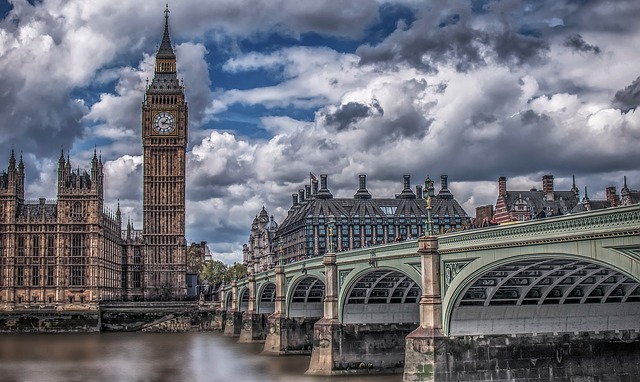In all the doom and gloom, don't forget how good an investment Britain really is.
Britain is the land of low skies and lower expectations. And the pessimism seems to have seeped into the stock market.
ETFs tracking the FTSE 100 have delivered a year-to-date return of -7.6%. While popular Britain trackers like iShares' ISF and Vanguard's VUKE aren't seeing outflows, they're not seeing substantial inflows either. This contrasts with ETFs in almost every other rich country - from Australia, to Sweden to Canada - where ETFs are only going up.
The main reason for the negativity is Brexit. When Michael Bloomberg called Brexit "the stupidest thing any country has ever done," he spoke for many investors.
Another reason might be Jeremy Corbyn and John McDonnell, the leaders of the Labour opposition. The two have proposed nationalisations, higher taxes, stimulus, higher minimum wages, and plenty more.
These plans could mean inflation and declining profit share, which imply lower stock prices. In the build-up and aftermath of the June 2017 general election, it almost seemed as though the FTSE 100 swung whichever way the polls blew. Another election is some years away, but investors could be pricing in the possibility of a Corbyn-led Labour government.
Fears about Brexit and a potential Labour government hurting the profitability of British business might prove well-founded. But investors should remember just how great Britain is. And for any long-term investors, now might be a good chance to capitalise on others' fears.
Popular UK ETFs like ISF and VUKE get almost one-third of their weight from HSBC, Barclays, British and American Tobacco, Shell, Lloyds and BP. All of these companies are over 100 years old. They've survived wars, depressions and recessions and all kinds of political nightmares. Brexit is not WWII; nor is Corbyn as left wing as John Callaghan. For companies as old as these, today's political turbulence is a small beer.
Furthermore, most big British companies have truly international revenue streams. Most of the top 10 FTSE companies by market cap - BAT, Diageo, Shell, BP, GlaxoSmithKline, Vodafone, AstraZeneca, Unilever - draw the majority of their revenue from outside the UK. This means that even if the UK is in the toilet these companies stand to lose less as they're internationally diversified.
Investors might want to question just how bad Brexit will really be. The EU appeared resolved to make Brexit "painful", making it a piece of street art for any other member states contemplating leaving. Investors braced for the worse and the FTSE dived.
Yet with draft Brexit agreements coming in, it seems that the heavy weather warnings might have been premature. It appears, after much toing and froing, that the UK is not likely to leave the EU as quickly and decisively as many originally thought. As David Allen Green noted in the FT:
"the UK is heading for a Brexit in name only… All the time and effort expended since the referendum has been to create a situation where most things will stay the same."
Britain is one of the world's richest countries and the FTSE 100 has returned around 5% a year on average since 1960. It seems unlikely that this will change anytime soon. Pessimism about the UK has been a long time in the tooth. And one might be forgiven for wondering: are things in the UK really that bad?
Disclosure: I/we are long FLGB.


